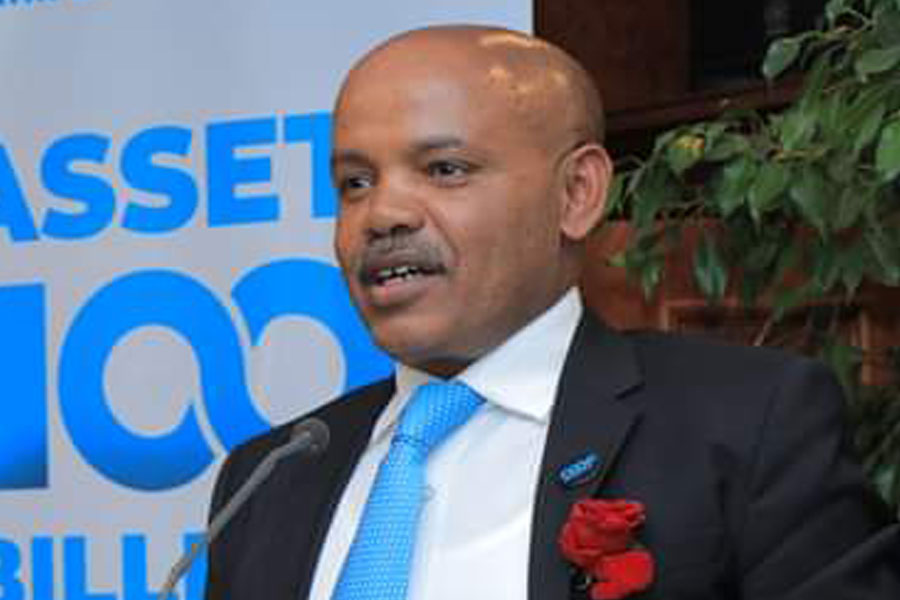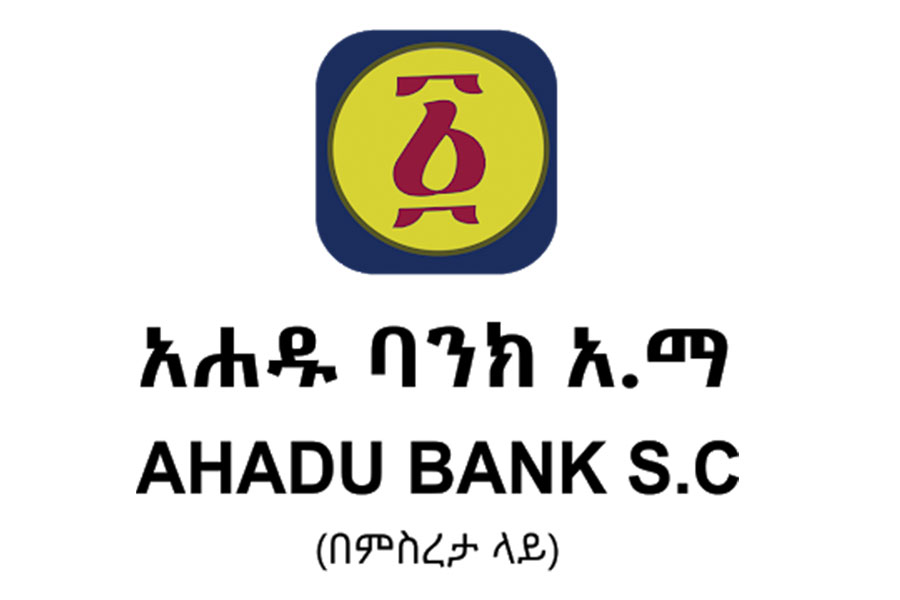
The federal government has resumed an agricultural development programme in limbo for two years after securing additional financing from the World Bank.
Kicked off in 2015 with a projected cost of 661 million dollars, the second phase of the Agricultural Growth Programme (AGP-II) was partially suspended two years ago after the allocated budget was exhausted while a significant portion of its goals remained unmet. Under the Ministry of Agriculture, the programme targets 3.5 million rural households across seven regional states and Dire Dawa. Small-scale irrigation schemes, establishing market centres for produce, and constructing warehouses and stores are designed to benefit a fifth of the 18 million smallholder farming households in the country.
The World Bank covers 65pc of the total cost the programme is estimated to take through the International Development Programme. The balance is financed by the federal government and development partners, including the European Union (EU). At the end of last year, the World Bank disbursed 14pc of the 80 million dollars in additional funds it had approved.
According to Azmeraw Zerihun, a social development specialist at the Ministry of Agriculture, failure to complete projects on time led to additional financing.
Three of the seven regional states included in the programme, such as the Amhara and Tigray regional states, had used up their budgets before the projects under AGP-II were completed. The federal government had initially requested 130 million dollars in supplementary funding before slashing the budget down to 80 million dollars. Officials had been expecting disbursement to begin last July, but the process was delayed of a change in the World Bank's priorities due to COVID-19, Azmeraw disclosed.
“Regional states have been funding projects on their own for the last two years,” said Azmeraw.
The programme has made strides in enhancing smallholder farmers' access to markets. But it has been lagging in other areas. The construction of 262 small-scale irrigation schemes and the upgrading of close to 2,000 irrigation projects covers less than two-thirds of the target. In the Amhara Regional State, only half of the 65 irrigation dams planned were constructed at 1.8 billion Br.
Still, what has been completed thus far has helped 1.6 million smallholder farmers to cultivate 23,300ht of land.
“The war in the north has impacted progress,” said Ejigu Muluken, coordinator of the programme under the agriculture bureau of the Amhara Regional State and an environmental and social specialist.
The trend is similar in the Oromia Regional State; 60pc of the 70 planned small-scale irrigation schemes have been erected.
“Progress has been slow,” said Geremew Tefera, an environmental and social specialist with the Oromia Agriculture Bureau.
Officials say there are other factors behind the sluggish performance.
Several contracts have had to be cancelled and re-floated while the quality of construction works remain poor, according to Sayfedin Nasiri, who has been part of the programme's implementation in the Southern Regional State for eight years.
The second phase of the programme was launched following the relative success of its predecessor, which ran for seven years, beginning in 2010. It was implemented in 96 weredas with an outlay of 350 million dollars. Since 2015, 18 primary market centres for crops and livestock and six collection and processing centres for milk and honey were built. Close to 1.23 million farmers in 45 weredas in the Amhara Regional State have benefited.
Tis Abay Milk Suppliers Association, with 278 members and an annual sales turnover of 14 million Br, was among its beneficiaries.
Established four years ago, the Association buys milk from its members and other smallholder farmers to supply dairy processors. The business saw significant growth following the construction of a market centre in Tis Abay Magie Debre Nigist Wereda, a largely rural area 30Km southeast of Bahir Dar, the seat of the regional administration. The centre houses storage and loading, and unloading facilities.
The volume of milk the Association supplies doubled to 1,300lt a day in two years, according to Mechie Bayehi, manager of the Association.
"The facilities greatly reduce loss from lack of proper storage," he said.
The programme's second phase was expected to end in 2020 but extended to next year.
Azmeraw says implementation has resumed in six regional states and Dire Dawa, though AGP II has yet to return to war-ravaged Tigray Regional State.
Last month, following the disbursement of 11.2 million dollars in additional financing in two instalments, the agriculture bureau of the Oromia Regional State awarded two contractors 16 small-scale irrigation projects in the West Shoa Zone for a total cost of 26.3 million Br.
Some officials are doubtful they will see through the completion of the projects before the deadline next year.
“I don’t think it'll be achieved within the time left,” said Ejigu.
Others are more bullish.
Sayfedin argues AGP-II has progressed further than its predecessor, though he admits there is still room for improvement.
"It could be better if there were more coordination among those involved," he said.
PUBLISHED ON
Mar 12,2022 [ VOL
22 , NO
1141]

Radar | Mar 02,2024

My Opinion | Oct 28,2023

Fortune News | Apr 03,2023

Fortune News | Jul 11,2021

Radar | May 07,2022

Dec 22 , 2024 . By TIZITA SHEWAFERAW
Charged with transforming colossal state-owned enterprises into modern and competitiv...

Aug 18 , 2024 . By AKSAH ITALO
Although predictable Yonas Zerihun's job in the ride-hailing service is not immune to...

Jul 28 , 2024 . By TIZITA SHEWAFERAW
Unhabitual, perhaps too many, Samuel Gebreyohannes, 38, used to occasionally enjoy a couple of beers at breakfast. However, he recently swit...

Jul 13 , 2024 . By AKSAH ITALO
Investors who rely on tractors, trucks, and field vehicles for commuting, transporting commodities, and f...

Nov 1 , 2025
The National Bank of Ethiopia (NBE) issued a statement two weeks ago that appeared to...

Oct 25 , 2025
The regulatory machinery is on overdrive. In only two years, no fewer than 35 new pro...

Oct 18 , 2025
The political establishment, notably the ruling party and its top brass, has become p...

Oct 11 , 2025
Ladislas Farago, a roving Associated Press (AP) correspondent, arrived in Ethiopia in...